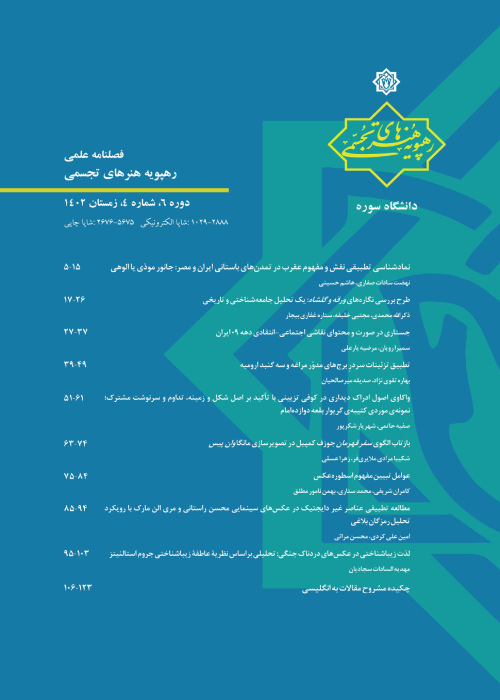plato on painting
Plato did not write an independent book about painting, but his ideas about this art are very important. His emphasis on painting is more ontological and epistemological than moral and educational, because painting toward the expressive arts (poetry and music) has a less impact on the audience’s morale. In a universal division, Plato divides the art of image-making into two parts:(1) likeness-Making (eikastike); and (2) Apearance-making or (phantastic). In art of likeness-Making, the artist makes his work just like the original And it does not distort the reality. But phantastic art is not a The mere imitation of reality And it changes the reality in the interest of the senses؛ in the other words, the artist creates a work that is even more beautiful than the original. Plato is the first philosopher to extend the meaning of Mimesis and use it in the sense of imagination In the imaginative art, Mimesis is not pure representation of real objects, and the artist’s work is outside the realm of imitation. Painting and sculpture are part of the arts. Plato called the painting of his time degenerate.The art of painting during his time had made a lot of progress and painters had discovered techniques to overcome the virtual error. This progress went back to Plato.The painter must not defy traditional rules, and deceive us by distorting reality and creating visual illusions. The painter will change the rules of nature to adapt to the requirements and conditions of my vision. He can never show the truth of objects and only depicts a shadow or a phantom of objects, objects that are themselves nothing but illusion. He imitates only tangible objects, and the outward appearance and image of things depicts us, not the truth of them. He is three times far from the truth, and does not have the true knowledge of what is going on. Therefore, Painting does not have a great place in Plato’s philosophical system. At the time of Plato, Sophist’s ideas were prevalent. By the way, Plato was in agreement with the Sophists, because the senses do not give us any certainty; They are making mistakes. Human senses do not know objects as they are, but they find objects as they seem. Art is deception (apate) and charm (goeteia). Poetry is charming with words and painter charming with pictures. Plato opposed their phenomenalism and illusionism, because knowledge was not limited to the senses. Plato defends the Egyptian paintings against the art of painting his own time and finds ideal art not in Athenian art, but in the East. Egyptian painters follow the fixed and inviolable laws that the gods have set. The work of the Egyptian painter is not mimesis (imitation), but Anamnesis (recollection). The real painter is the one who recalls the supernatural truths and follows them in his work. Plato does not give any explanation about the nature of Egyptian painting; this ideal painting does not need to be described and defined, and should only be accepted as a patern.
Painting , Mimesis , Anamnesis , Phantastic art , Plato
- حق عضویت دریافتی صرف حمایت از نشریات عضو و نگهداری، تکمیل و توسعه مگیران میشود.
- پرداخت حق اشتراک و دانلود مقالات اجازه بازنشر آن در سایر رسانههای چاپی و دیجیتال را به کاربر نمیدهد.


